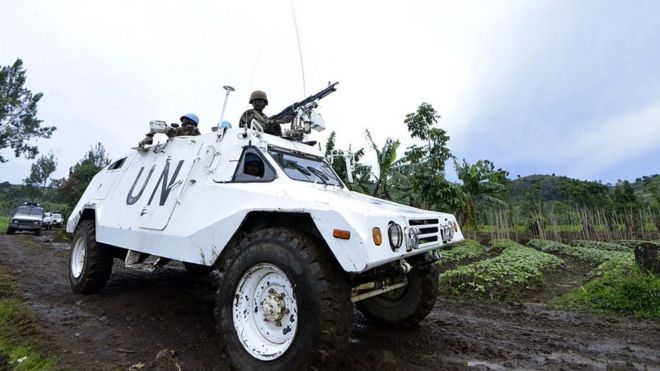| Welcome to our weekly summary of Syria Deeply’s top coverage of the crisis in the country.
“De-escalation zones”: Russia put forward a proposal to create four “de-escalation zones” in Syria on Wednesday at the latest round of talks in the Kazakh capital of Astana. The Syrian opposition walked out of the discussions the same day, however, “because of the violent airstrikes on civilians. The suspension will continue until shelling stops across all Syria,” a rebel source present at the talks told Agence France-Presse.
Iran and Turkey signed the safe-zone proposal on Thursday. The United Nations Special Envoy for Syria, Staffan de Mistura, described the plan as an “important, promising, positive step in the right direction in the process of de-escalation of the conflict.”
Russian media reportedly obtained a copy of the signed memorandum, which said the proposed safe zones would include areas in the provinces of Idlib and Homs, the Eastern Ghouta region in the Damascus suburbs and a southern area. The draft proposal said the zones aimed to “put an immediate end to the violence” and “provide the conditions for the safe, voluntary return of refugees,” according to an Arabic-language copy of the draft obtained by AFP.
Syrian state-run media added that the memorandum also aimed to “combat terrorism in an effective way.” Syria “supports” the plan and “confirms its commitment to the cessation of hostilities regime signed Dec. 30, 2016, which includes not shelling these regions,” according to a foreign ministry statement.
Russia and Turkey brokered a nationwide cease-fire in December. Iran and the two countries signed a trilateral deal a month later at the first Astana talks, stating that the three would act together to monitor and enforce the cease-fire. However, clashes and aerial bombardments continued in many areas of Syria, including Idlib and Eastern Ghouta.
Advance on ISIS: The United States-backed Syrian Democratic Forces (SDF) continued their offensive against the so-called Islamic State, taking control of large parts of the northern Syrian town of Tabqa. On Monday, the United Kingdom-based monitor the Syrian Observatory for Human Rights (SOHR) said the SDF controlled roughly 80 percent of the town.
Clashes between the two groups intensified near the end of the week; at least 36 ISIS fighters and 10 SDF fighters were killed, according to the SOHR.
On Tuesday, ISIS attacked a camp for displaced people and a defense forces checkpoint near the Iraq-Syria border, killing at least 30 people, mostly civilians.
“Deteriorating” conditions in Eastern Ghouta: Infighting erupted between the major opposition and extremist groups in Eastern Ghouta. Clashes began last Friday between Jaish al-Islam, a prominent Islamist rebel group in the area, Failaq al-Rahman and the al-Qaida-linked Hayat Tahrir al-Sham. By Thursday, fighting had killed at least 143 people, including 13 civilians, according to al-Jazeera.
The clashes have worsened the already dire situation in Eastern Ghouta, which has been besieged by pro-government forces since 2013, significantly driving up the cost of basic supplies such as food and medicine. Some 400,000 people are trapped in Eastern Ghouta suffering from “the deteriorating security and humanitarian situation” the U.N. in-house news agency said on Monday.
On Tuesday night, a humanitarian convoy of 51 trucks was given permission to enter the area for the first time since October 2016. However, residents in the area’s de facto capital, Douma, said the supplies were not nearly enough.
“The supplies are only enough for a few days. There isn’t even enough for the city of Douma alone – the aid will total 7,000 meals for the 25,000 thousand families in the city,” Khalid Aybour, head of the Douma Local Council told Syria Direct. |












